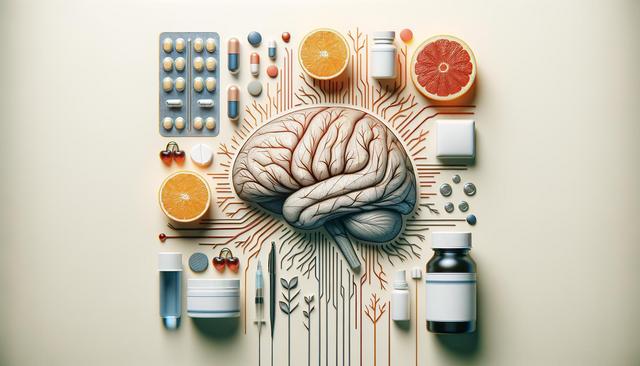Understanding Cholesterol and Its Impact
Cholesterol is a waxy substance necessary for many bodily functions, including hormone production and cell membrane structure. However, when levels of low-density lipoprotein (LDL) cholesterol become too high, it can lead to plaque buildup in the arteries, raising the risk of heart disease and stroke. While medications like statins are commonly prescribed, many individuals are seeking Natural Cholesterol Solutions that support heart health without the side effects associated with pharmaceuticals. Knowing the difference between LDL (“bad”) cholesterol and HDL (“good”) cholesterol is central to any effective strategy. HDL helps remove excess cholesterol from the bloodstream, so boosting it alongside lowering LDL is a balanced approach.
Monitoring cholesterol through regular check-ups is critical. It provides a baseline and helps track progress over time, whether using medications or a more holistic approach. Understanding your personal risk factors—such as genetics, lifestyle, and diet—also plays a key role in choosing the most suitable method for cholesterol control.
Dietary Changes for Cholesterol Control
What you eat has a direct effect on your cholesterol levels, making diet one of the most accessible and effective tools for Non-Pharmaceutical Cholesterol Control. A heart-healthy diet emphasizes whole, unprocessed foods and avoids trans fats and excessive saturated fats. Incorporating more fiber, especially soluble fiber, can help lower LDL levels by reducing the absorption of cholesterol into your bloodstream.
Key dietary strategies include:
- Eating more fruits, vegetables, legumes, and whole grains
- Replacing butter and lard with healthy fats such as olive oil and avocado
- Including omega-3-rich foods like flaxseeds, chia seeds, and fatty fish
- Limiting processed foods and high-sugar snacks
These changes not only support lower cholesterol but also benefit overall health. Small adjustments, such as choosing brown rice over white or swapping sugary breakfast cereals for oatmeal, can make a significant impact over time.
Incorporating Physical Activity
Exercise is another cornerstone of Holistic Cholesterol Management. Regular physical activity helps raise HDL cholesterol while lowering triglycerides and LDL levels. It also supports weight management, blood pressure regulation, and mood enhancement—all of which contribute to improved cardiovascular health.
Effective forms of exercise for cholesterol management include:
- Brisk walking or jogging for at least 30 minutes a day, five days a week
- Cycling or swimming for cardiovascular endurance
- Strength training two to three times weekly to improve metabolism
Even daily activities like gardening or taking the stairs instead of the elevator can add up. The goal is consistency and finding activities that are enjoyable, making it easier to maintain long-term habits. Combining exercise with a cholesterol-friendly diet amplifies the benefits and supports a more comprehensive approach.
Exploring Herbal and Natural Remedies
Those seeking Herbal Remedies for Cholesterol often turn to plant-based options that have been traditionally used for cardiovascular support. While research is still ongoing, several natural substances show promise in supporting healthy cholesterol levels. These can serve as an Alternative to Statins for individuals looking for gentler, more natural methods.
Some commonly used natural remedies include:
- Garlic: May help reduce total and LDL cholesterol
- Red yeast rice: Contains compounds similar to those in statins, though its use should be discussed with a healthcare professional
- Artichoke leaf extract: Shown in some studies to support lower cholesterol
- Psyllium husk: A soluble fiber that can reduce LDL cholesterol when taken regularly
It’s essential to consult a healthcare provider before starting any herbal supplement, especially if you are already on medications, as interactions can occur. These remedies are often most effective when used as part of a broader lifestyle approach.
Holistic Lifestyle Approaches
Holistic Cholesterol Management involves more than just diet and exercise. It includes addressing stress, sleep, and other lifestyle factors that can influence heart health. Chronic stress, for instance, can lead to behaviors such as overeating or smoking, which negatively impact cholesterol levels. Mind-body practices like meditation, yoga, or deep-breathing exercises can help reduce stress and support overall cardiovascular wellness.
Other holistic strategies include:
- Prioritizing sleep, aiming for 7-9 hours each night
- Avoiding tobacco and limiting alcohol consumption
- Maintaining a healthy weight through balanced habits
- Staying socially connected and mentally engaged
These practices not only support Non-Pharmaceutical Cholesterol Control but also contribute to long-term well-being. Combining these lifestyle elements creates a synergistic effect that enhances the body’s natural ability to regulate cholesterol and maintain heart health.




Leave a Reply